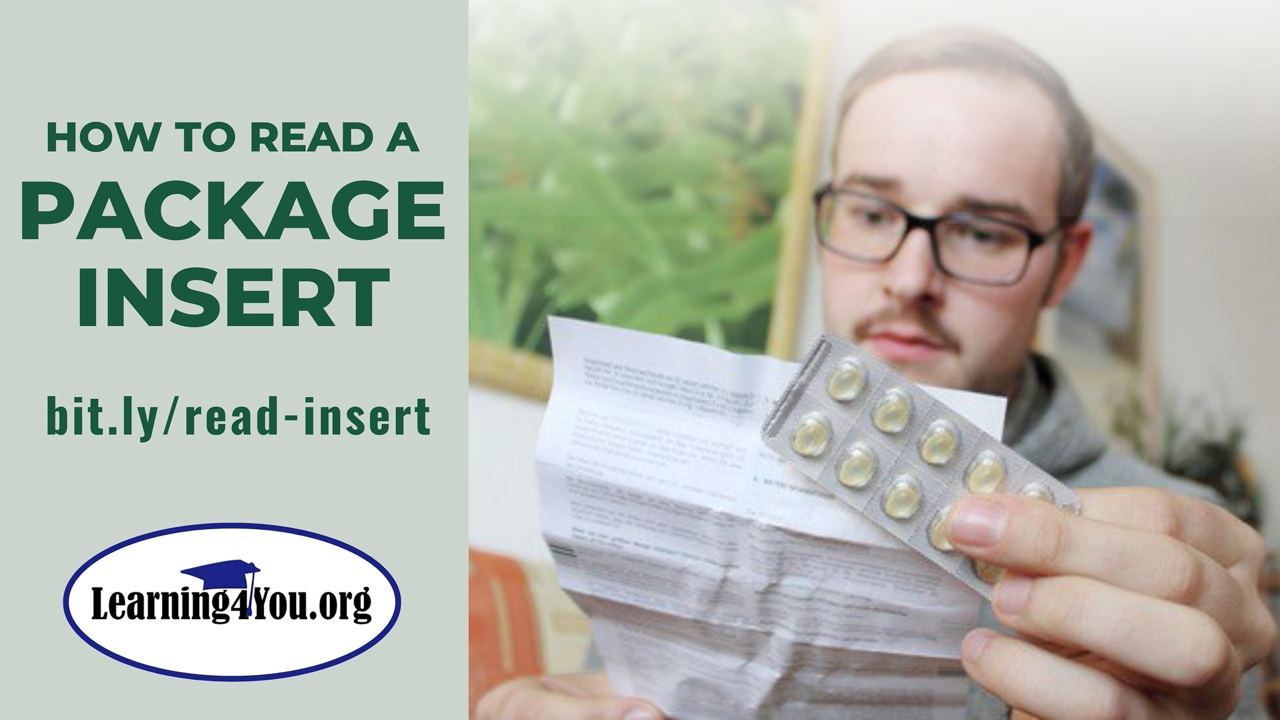Course description:
Those who admonish others to, “educate before you vaccinate,” general direct new parents to “read the package insert.” This actually is a very good place to start, if you have a medical background. If not, the folded paper that is loaded with many categories, medical terminology and tiny print can be daunting.
In this module, we will walk through each section of a vaccine package insert and describe the meaning of the terminology. We will delve deeply into some of the sections, such as a discussion on FDA Pregnancy Category Warnings and will conclude with a summary of the six most important sections you should always read, whether the insert describes a vaccine or a medication. [1 Video, Length: 47 min, Downloadable Material]
In this presentation, you will learn:
- Who the information is really intended for
- Why it is important to make note of the year the vaccine was approve
- Why vaccines are often administered even in the presence of a contraindication
- That the warnings and precautions listed are arbitrary time lines set by the FDA
- The interaction between drugs and vaccines is more common than generally recognized
- The definition of Pregnancy Category B and C drugs and how this applies to vaccinations
- That animal studies are not always predictive of human response
- Why Sections 9 and 10 are missing from vaccine package inserts
- That vaccines have not been tested for genetic toxicity



